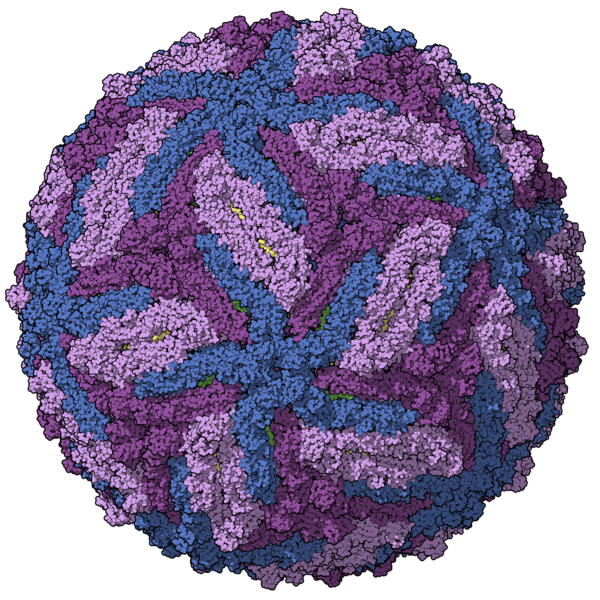The Zika virus, widely known for its 2015 Latin and North America outbreak, is a mosquito-borne and transmitted virus that develops neurological complications and birth-defects in those infected. The Zika virus is able to be transmitted from a pregnant woman to her fetus, causing microcephaly– abnormal development of the brain. Currently, there exists no vaccine that would fully treat the virus, however, a solution may be in the works.
David B. Weiner, Ph.D., an executive vice president of The Wistar Institute and a developer of the Zika vaccine notes that, “Synthetic DNA vaccines are an ideal approach for emerging infectious diseases like Zika”. Synthetic DNA vaccines are vaccines with genetically engineered DNA. They work in the same way as regular vaccines, inciting cells to produce specific antigens for immunological responses. Synthetic DNA vaccines can also have potential benefits over traditional vaccines, including a higher predictability, stability, and ability to be manufactured and distributed safely and rapidly.
The current Zika vaccine in development, GLS-5700, houses multiple strains of genes with DNA instructions that tell a hosts’ cells how to react and fight off a Zika virus antigen. In late 2016, researchers tested the vaccine on 40 participants. Two groups of 20 received different does of the vaccine at zero, four, and twelve week intervals. At the end of the experiment, researchers found that all participants had developed Zika-specific antibodies and 80 percent of the participants developed neutralizing antibodies against the Zika virus.
Although rare in the United States, Zika continues to threaten millions living in South and Central America. Despite being in its last stages of development, GLS-5700 and other Synthetic DNA vaccines are still prohibited from being used in the United States- although this may change with the introduction of the Zika vaccine. The future of Synthetic DNA vaccines and viral disease prevention lies in the success of the GLS-5700.




punnetstephens
A Vaccine for a disease which at one point infected about 5,000 people in US territories would be outstanding. DNA vaccines are pretty special because they have genetically altered DNA injected into the cell causing it to produce some type of antigen. The DNA vaccine may not only produce one specific type of antigen but multiple possible antigens. These type of vaccines are more common for veterinary use and there are a few or no DNA vaccines available to humans making this an incredible feat if approved.
https://www.medscape.com/viewarticle/715527_8